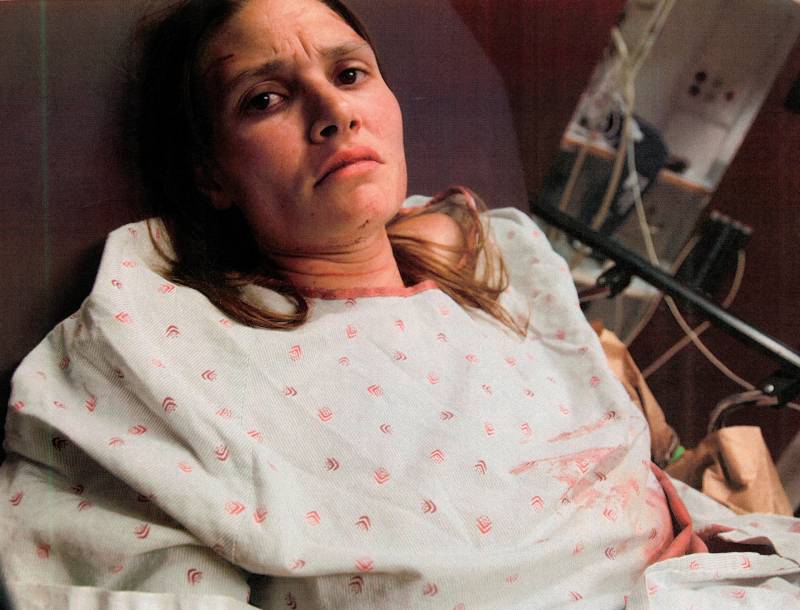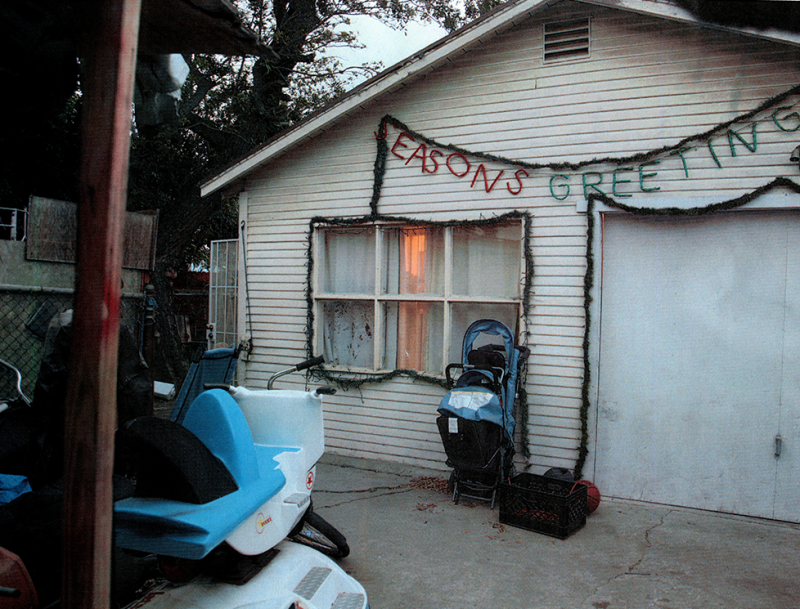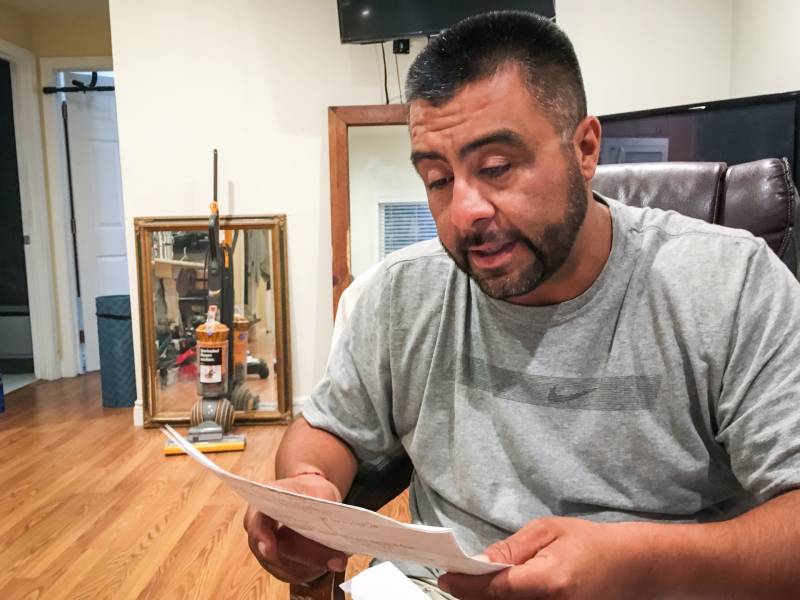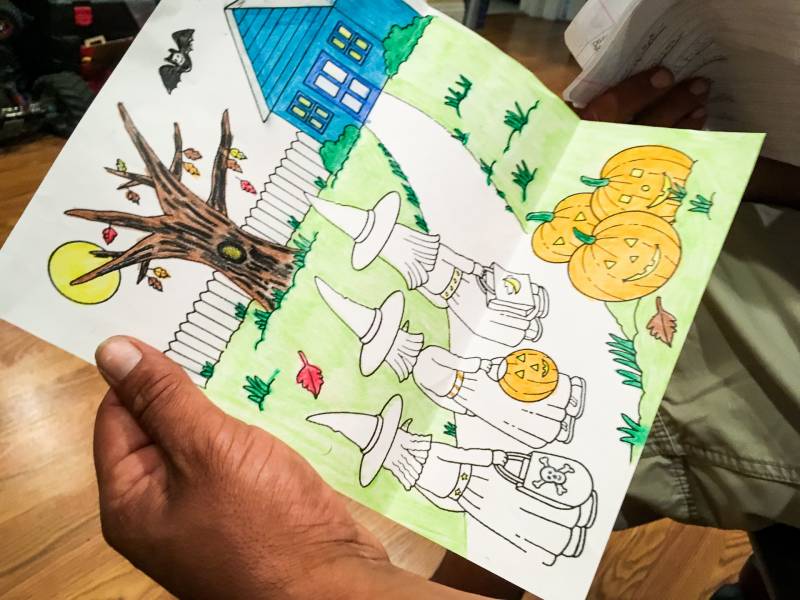Years later, Rudy Coronado still refers to what happened as “that day.” He thinks about what he said, what he didn’t say and what he wishes he could take back. The signs he missed – and the signs he saw, but ignored.
“That day, Carol was acting kind of weird,” he stammered. “She was just different.”
Not different the way his wife was usually different, the traits that charmed Rudy when they first met at a doughnut shop in Carson: her simple, no makeup, no celebrity gossip style; her book-loving, hard-working focus.
Not quirky, the way she was quirky, separating the rice and beans and vegetables on her plate, and always eating one thing first.
Not precise and meticulous, the way she learned to be in the military and then later applied to motherhood, keeping spreadsheets on all the daily activities of their three daughters: Sophia, 2, Yazmine, 1, and Xenia, 3 months.
“Every time she breast fed, every bottle she gave them – everything was documented,” Rudy said. “Every time they pooped, how they pooped, everything. Everything.”
That day, May 20, 2014, was different. Carol seemed to wake up in a panic. She called her mom over and over, leaving one desperate message after another: “Mommy, please call me. Please — Please — Please. I’m tired. I’m exhausted. I’m hungry,” she said, crying and rambling until the voicemail system cut her off four times in a row.
By the sixth message, Carol sounded spent: “Mom. Please call me. I love you. Bye.”
By the afternoon, Carol was barely saying anything.
When Rudy came inside after working on his ’68 Chevy truck across the street from their home in Torrance, Sophia was running around with no diaper on. There was poop on the carpet, poop on the walls, poop on her hands. Carol was lying on the bed. Her eyes were blank, black.
Rudy started yelling. And that’s when he said the thing he wishes he hadn’t.
“I was like, ‘Carol – to what extreme is this going to get to?’ And I regret telling her that,” he said. “Because I don’t know if that’s what kind of sparked her to do something dumb? To do that?”
Rudy went back outside. He was working on his truck when Carol’s mom came over after her shift driving a local school bus. She went into the house, then ran out, screaming.
All three girls were dead. Carol had taken a knife from the kitchen and stabbed them each in the throat and through the heart. Then she laid them on the bed, in order from youngest to oldest.
“At first glance, it was weird, ’cause I didn’t see no blood. I don’t remember seeing blood. So when I walked up and I touched Sophie, she was cold,” he recalled, his voice catching. “I was like, ‘What’d you do?’ I couldn’t believe my eyes.”
Carol looked at Rudy and told him she loved him. Then she pushed the knife into her own chest.
The Victim or the Monster?
Carol did not die that day. If she had, perhaps she would have been mourned, alongside her daughters, as one of the victims of an inexplicable tragedy. But her survival meant that day would have to be explained — in court, by prosecutors, who would cast Carol as a criminal, driven by revenge, and deserving of society’s harshest judgment.






